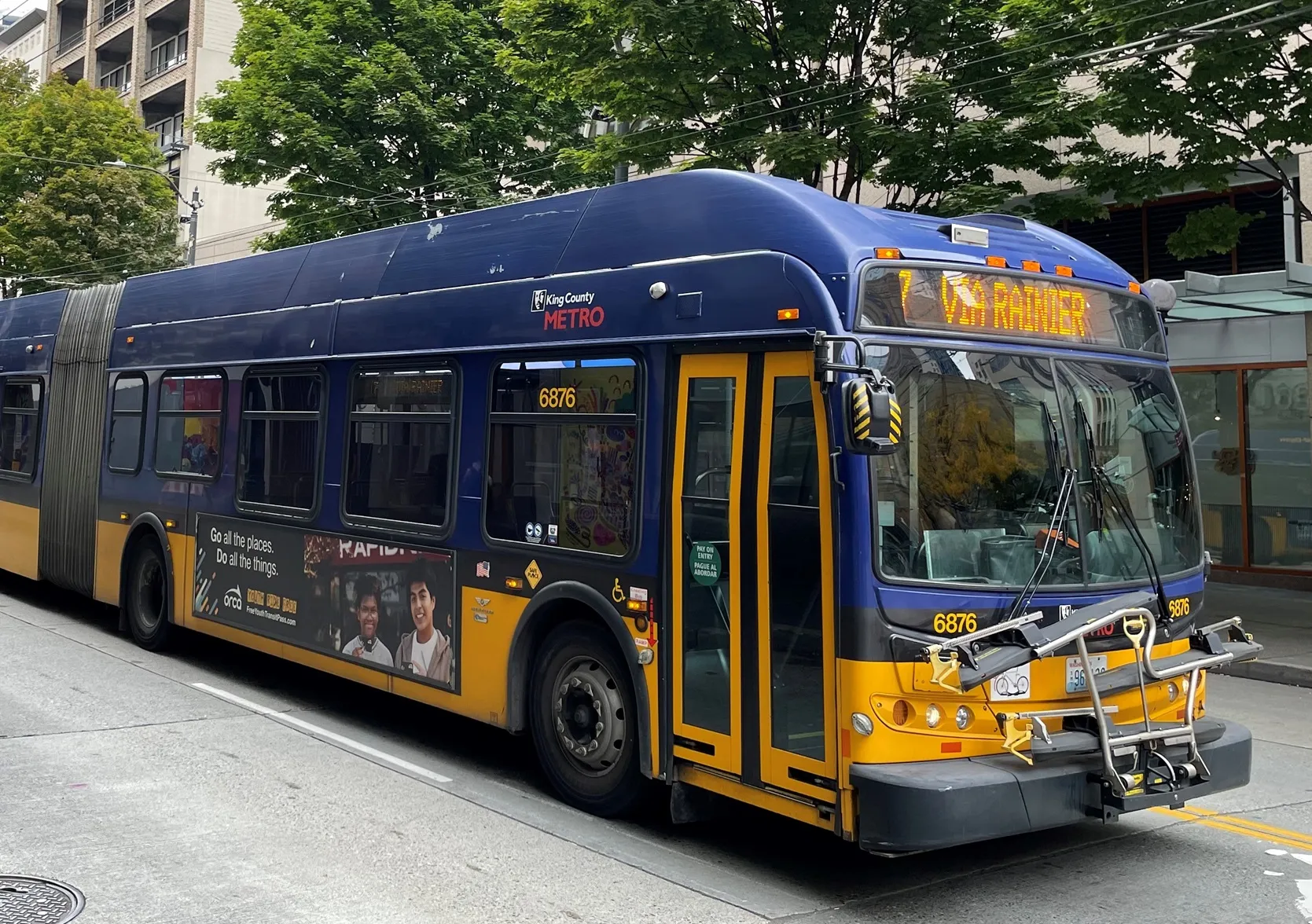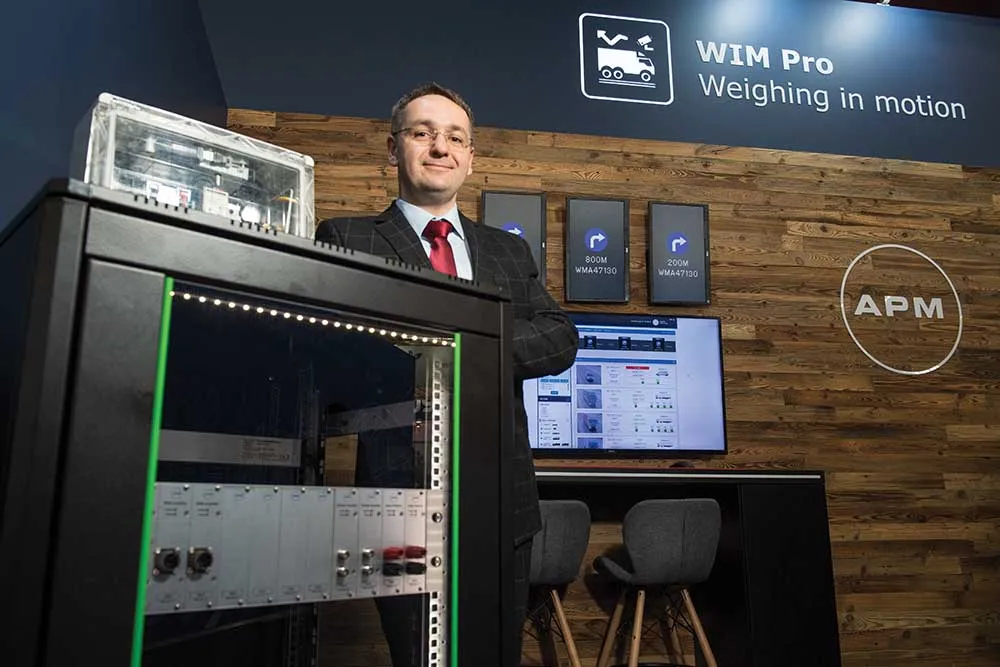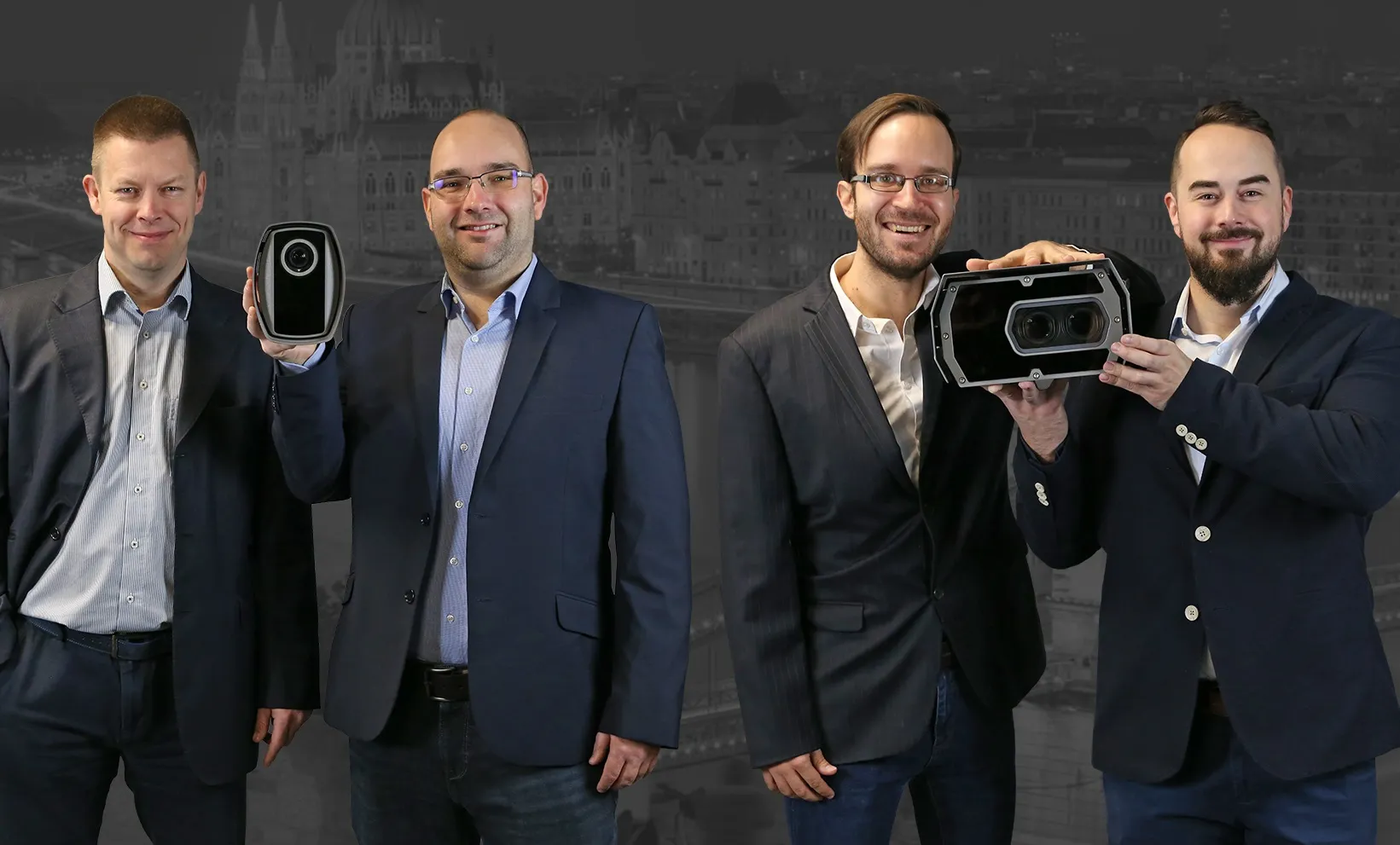
Los Angeles-based private equity firm Vance Street Capital has bought video monitoring specialist Pro-Vision for an undisclosed sum.
Pro-Vision provides mobile video solutions for transportation applications such as public transit and school buses.
Its cameras record what is happening in and around the vehicle, with interior and exterior side and rear cameras keeping drivers informed and reducing collisions while protecting companies from false claims.
On school transport, recordings provide video evidence of when and where each child boards and exits the bus.
Vance Street says the deal means it will support the business "during this next chapter of its growth story".
The Pro-Vision management team "will reinvest, retain an ownership position, and continue to lead the business going forward".
CEO Mike Finn says: “This partnership gives us the green light to invest in the business, both organically and through M&A, and will allow us to continue to focus on providing our customers with the highest-quality mobile safety and security products and services. Vance Street brings a complementary, growth-oriented playbook geared toward fine-tuning our strategy and processes, which is a perfect fit for our organisation.”
“Pro-Vision has an impressive track record of product innovation across hardware, firmware and software, as well as in growing and executing on its pipeline across new and existing end markets,” said John LeRosen, partner at Vance Street.
“With Vance Street’s support and capital, Pro-Vision will be able enhance its product development pipeline and continue to provide current and future customers with best-in-class products and services,” Yousaf Tahir, principal at Vance Street, added. “Vance Street’s ability to leverage its experience in industrial technology, and more specifically critical asset monitoring for safety and security related applications, makes Pro-Vision a great fit.”
Based in Grand Rapids, Michigan, and founded in 2003, Pro-Vision’s cameras, recording & storage devices, plus Video as a Service software platform, are designed to give customers "a clear and tangible ROI related to cost savings" such as on insurance premiums, as well as "enhanced safety and reduced liability" in areas such as incident reduction and improved driver performance.








